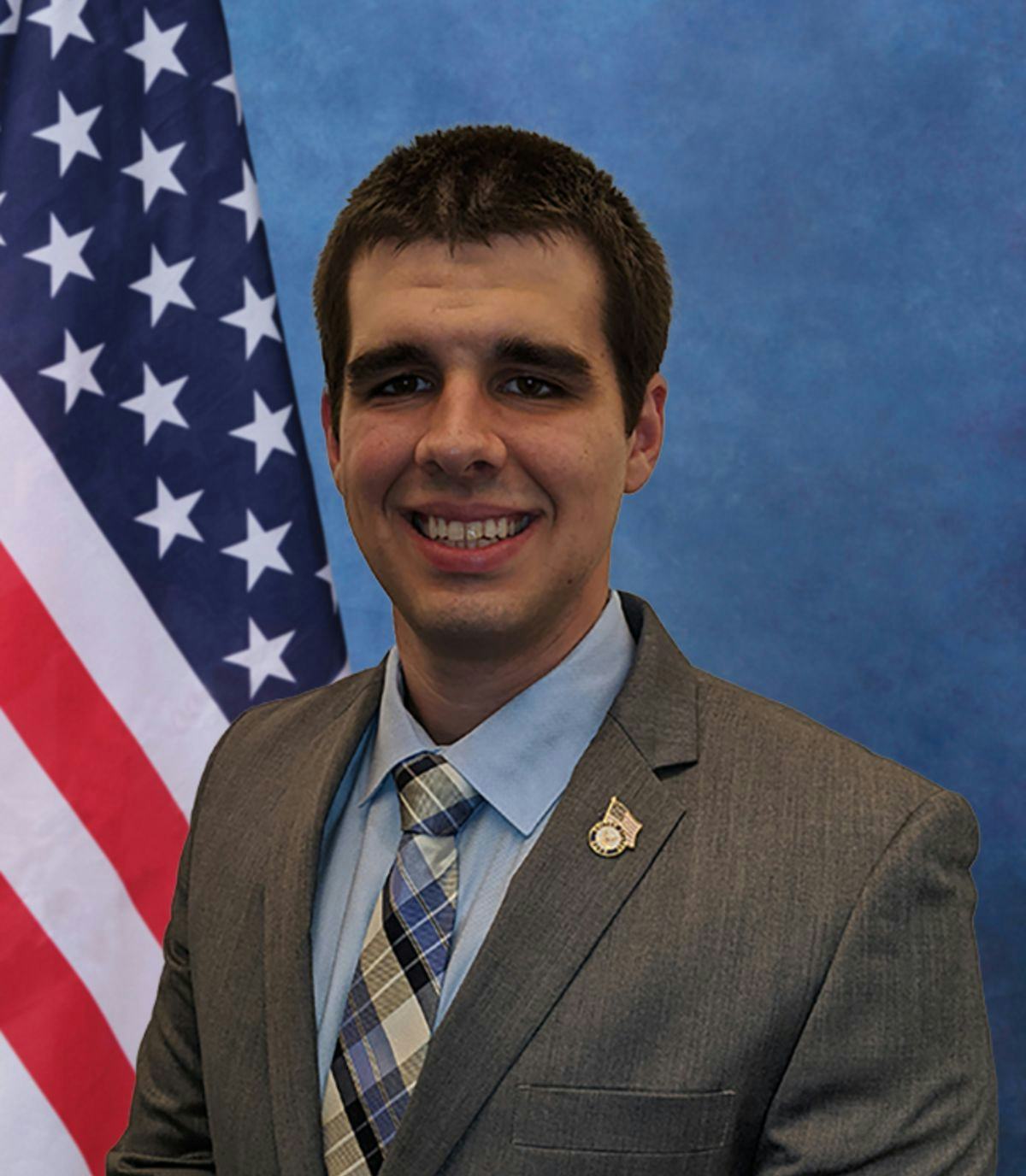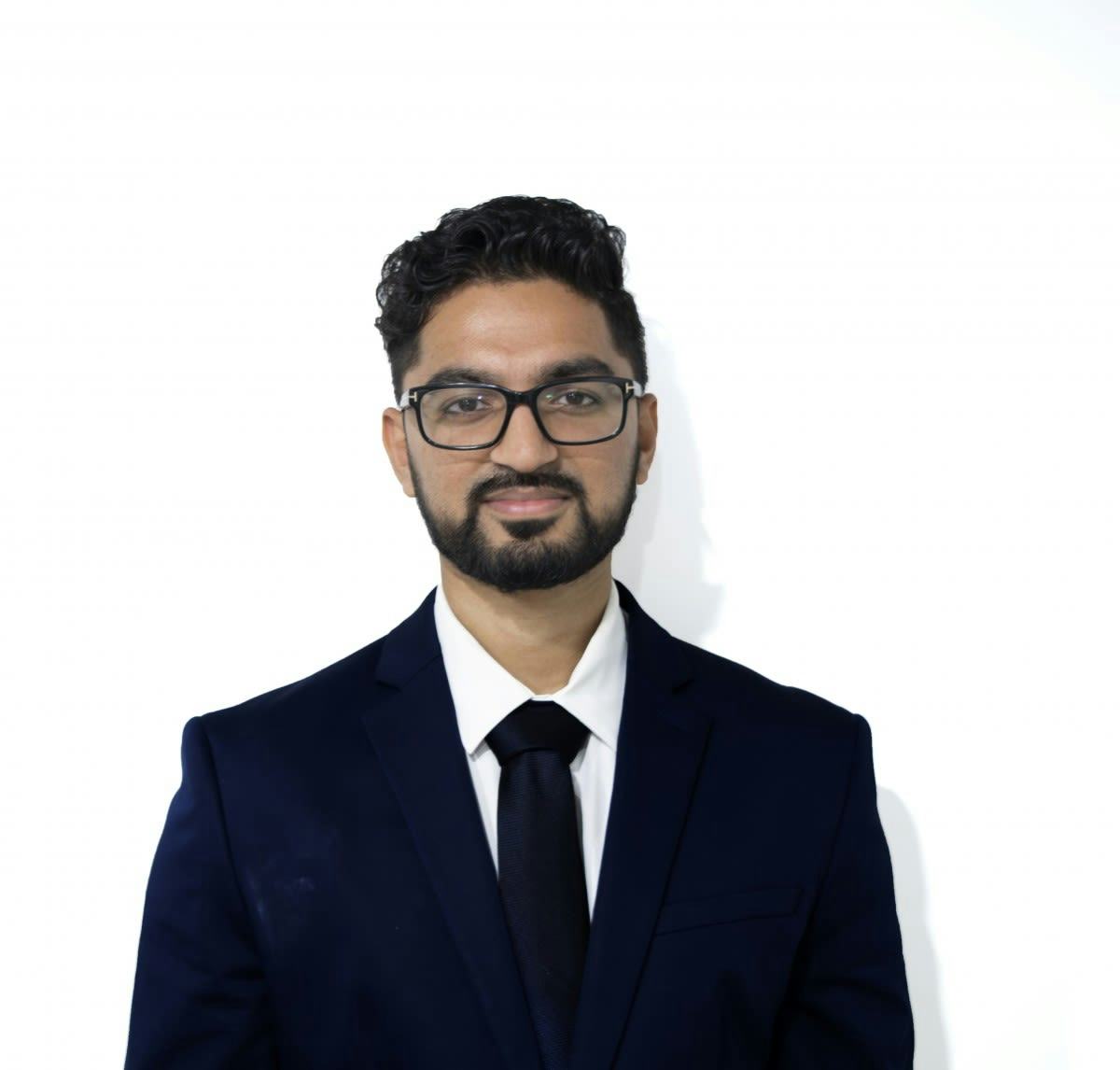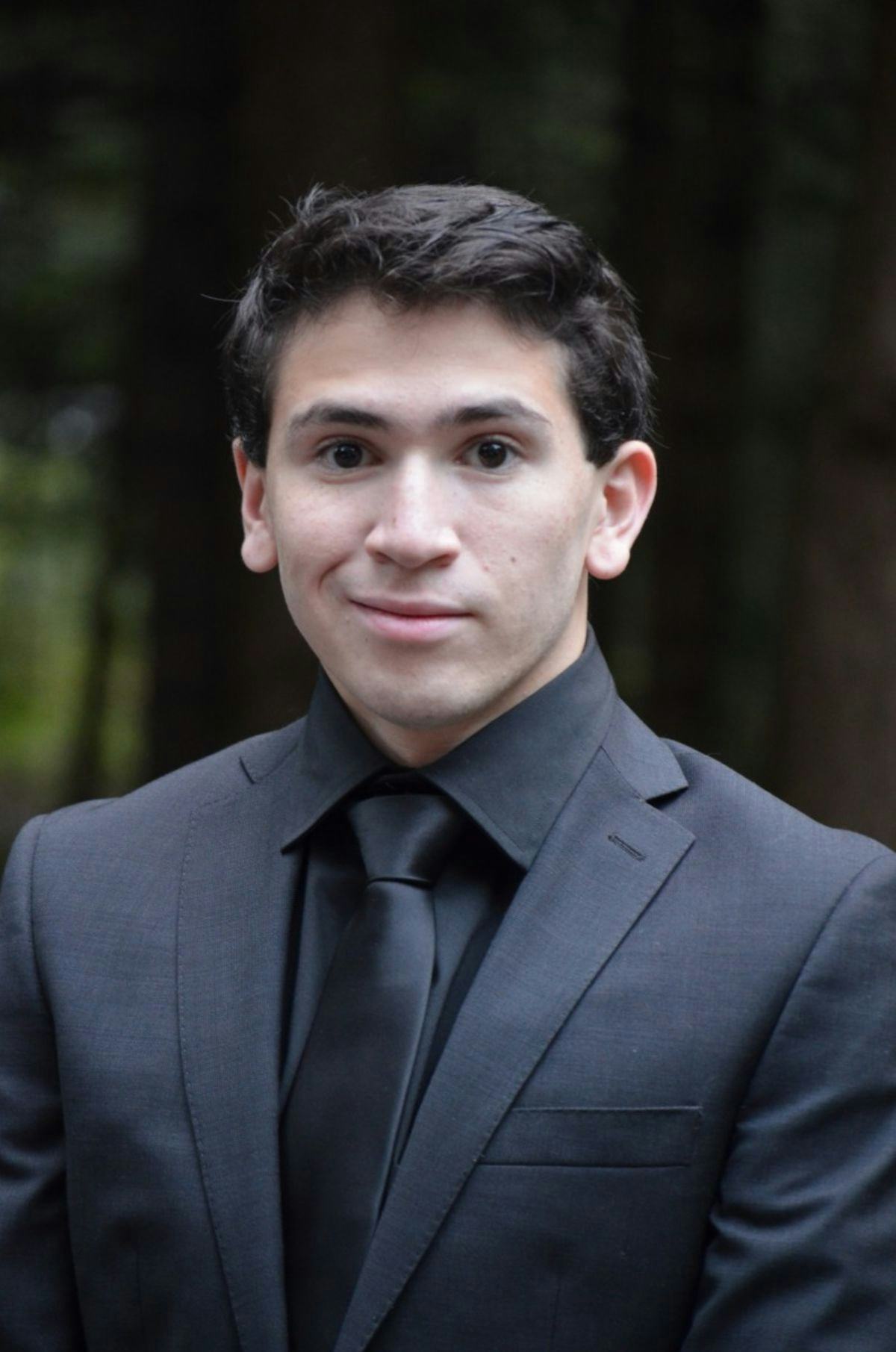Stevens Students Win Top Three Spots at the 11th Annual Maritime Risk Symposium Poster Competition
Achievement spotlights the success of student research programs
Student groups researching different aspects of resilient infrastructure systems in the maritime domain last summer took the top three spots at the 11th Annual Maritime Risk Symposium. The event was hosted virtually in October 2020 by the Critical Infrastructure Resilience Institute (CIRI), a Department of Homeland Security Center of Excellence, and the National Academy of Sciences.
Of the 40 posters accepted for the Symposium, six of the top 10 posters included students from Stevens Institute of Technology. Two teams tied for first place, while a third group took second place.
One of the first-place teams was led by Beth Austin-DeFares, director of education and outreach at the Maritime Security Center (MSC) at Stevens, funded by the U.S. Department of Homeland Security. The other first-place group, led by Susanne Wetzel, professor in the, conducted maritime cybersecurity research funded by the National Science Foundation (NSF).
“The winning poster submissions are a testament to the quality and rigor of the research being conducted under Stevens summer research programs,” said Austin-DeFares. “Each year, the MSC’s Summer Research Institute produces innovative research outcomes and has had long-term impacts on the technical skills and professional development of its students, many of which go on to receive jobs in the homeland security enterprise.”
A high achievement and opportunity to gain next-level career experience
The poster "Advancing the State of Maritime Cybersecurity Guidelines," created by Stevens students Logan Drazovich ‘21 and Liam Brew ‘21, received first-place honors. Drazovich is a scholar in Stevens' Scholarship For Service (SFS) program, which is funded through an NSF grant. Brew is a scholar in the U.S. Department of Defense’s Cyber Scholarship Program (CySP).
Their poster presented an analysis of the existing maritime transport industry cybersecurity guidelines, which included a proposed framework for an improved set of guidelines.
The other first-place poster, "Development of a Handheld Sulfur Emission Detection Device for USCG Marine Inspectors," involved collaborative research by Stevens students Christine Huang '23 and Amar Bindra, and City College of New York students Edhar Muradov and Satesh Ramnath. Their poster focused on creating a device that may help the United States Coast Guard simplify their process for detecting sulfur dioxide emissions, keeping with International Maritime Organization global caps. "While I'm not a Stevens student, I worked with two Stevens students and I learned a lot from them," said Ramnath, who recently graduated from the City College of New York with a computer engineering degree.. "Based off of their technical, communication, and presentation skills, I can certainly say that Stevens is providing a proper foundation for their students because they're very resourceful."
The second top-spot poster, "Cyber Risk Assessment on Maritime Shipping," focused on identifying vulnerabilities in information technology (IT) and operational technology (OT) systems. Participants in the cyber risk assessment research project and poster included Stevens students Sebastian Churion ‘23, Grace Miguel '22, Nisil Patel '22, and Texas Southern University student Trey Robertson. Their poster included a risk assessment and mitigation plan for maritime facilities and vessels.
Churion said the competition offered an incredible experience "to share what we learned over the summer to peers and in turn learn what the other teams had gone through."
These students borrowed from their experiences working virtually over the summer—and in collaboration with people across different time zones—to prepare for their presentation at the Symposium, which took place via online conferencing.
Churion and his team scheduled meeting times. "We practiced about five times," he said, noting that this was enough, as the team felt comfortable on the subject matter and with each other having worked together closely over the summer.
"This experience helped me have a better understanding of what it is like to work on a project online," said Churion. He noted that he will likely work regularly in virtual collaborative environments in the future in his chosen career: computer science.
Drazovich enjoyed the opportunity to hone his research and presentation skills in a formal academic and industrial setting. "Both the research I was able to do for the presentation and competing in the presentation competition were wonderful opportunities," he said. "I think that the skills I developed for both will aid me in my career." He plans to work in the cybersecurity risk management field after graduation.
Brew, who plans to pursue his M.S. in cybersecurity at Stevens before joining the U.S. Navy's Information Warfare Systems Command in Washington, D.C., views this experience as a successful start to his maritime-related career.
"As I will be working with the Navy after I graduate, I definitely feel that I can leverage these experiences to my advantage," said Brew. "While I've learned a ton at Stevens and had a great experience here, in my mind participating in and doing well at this national competition is something that can be considered next-level."






